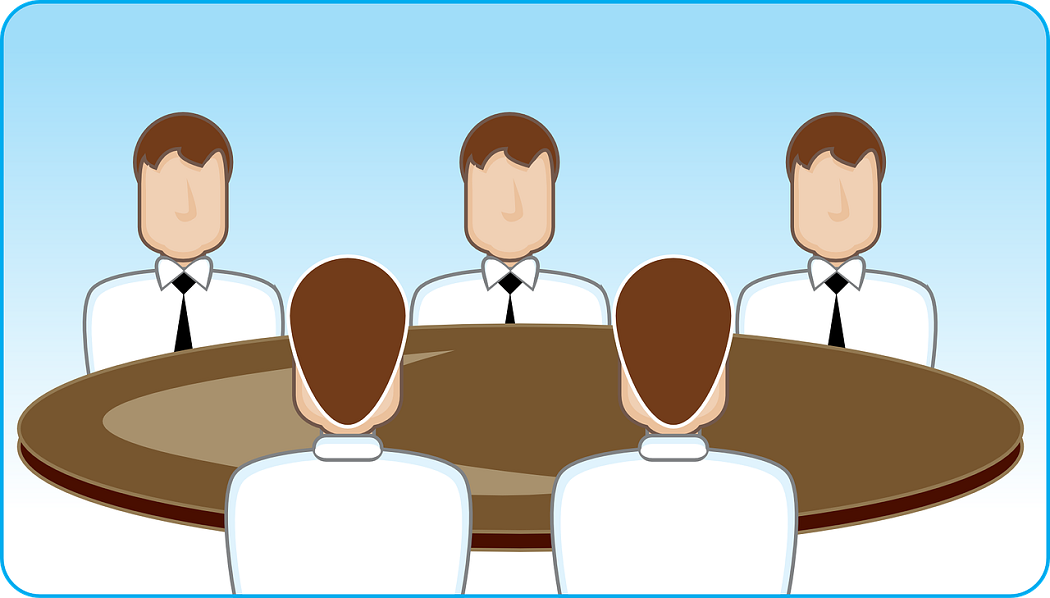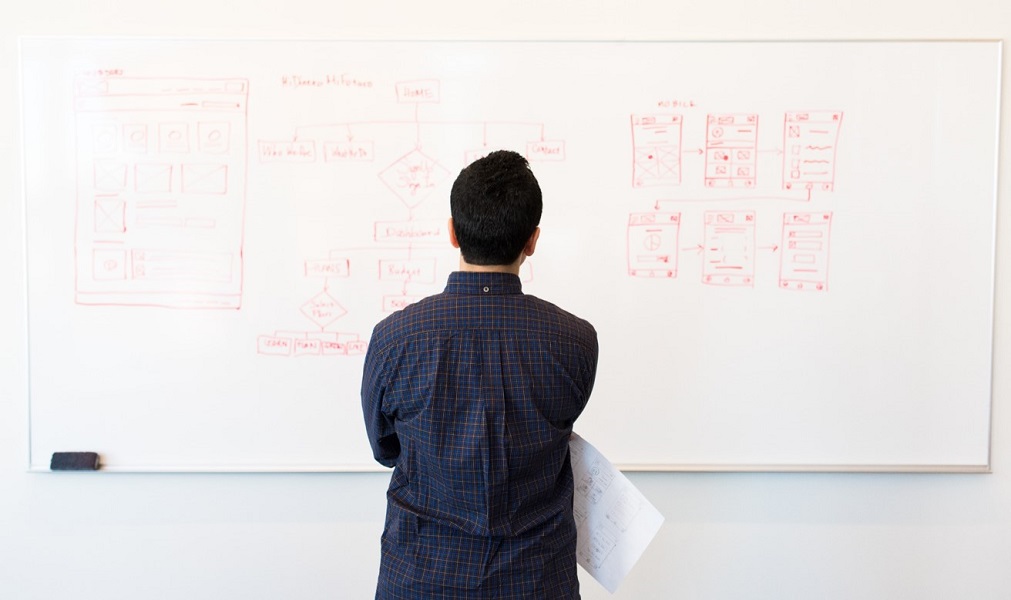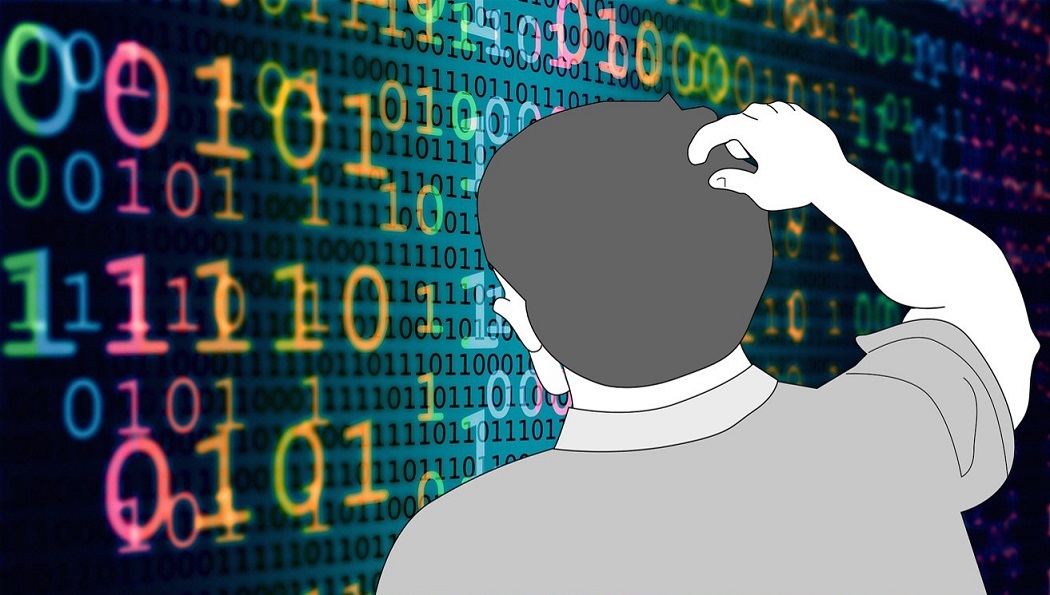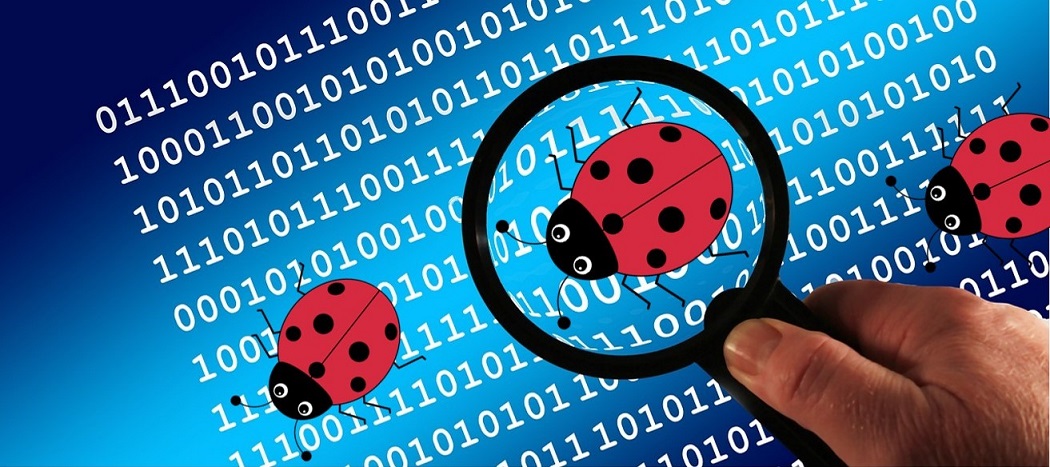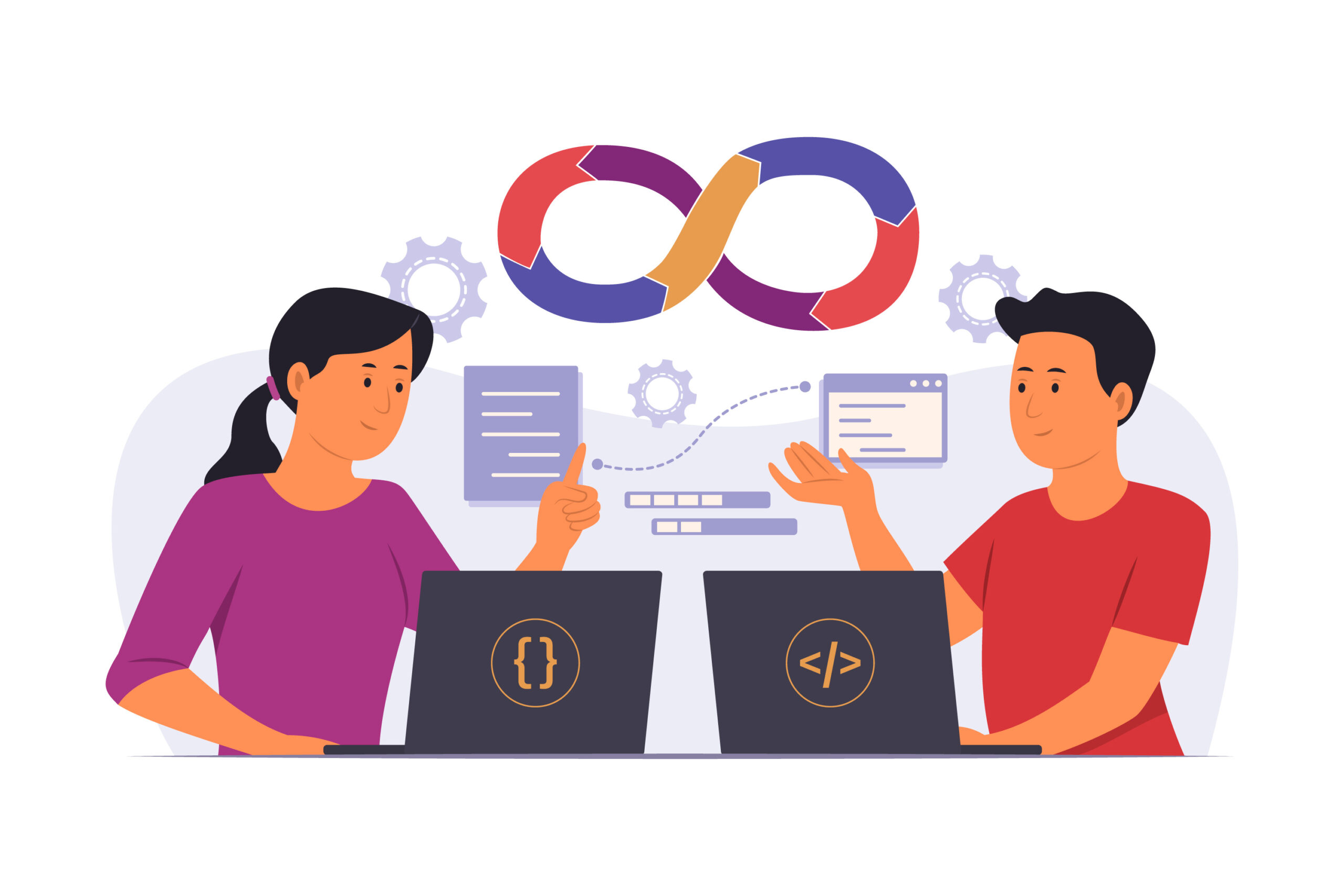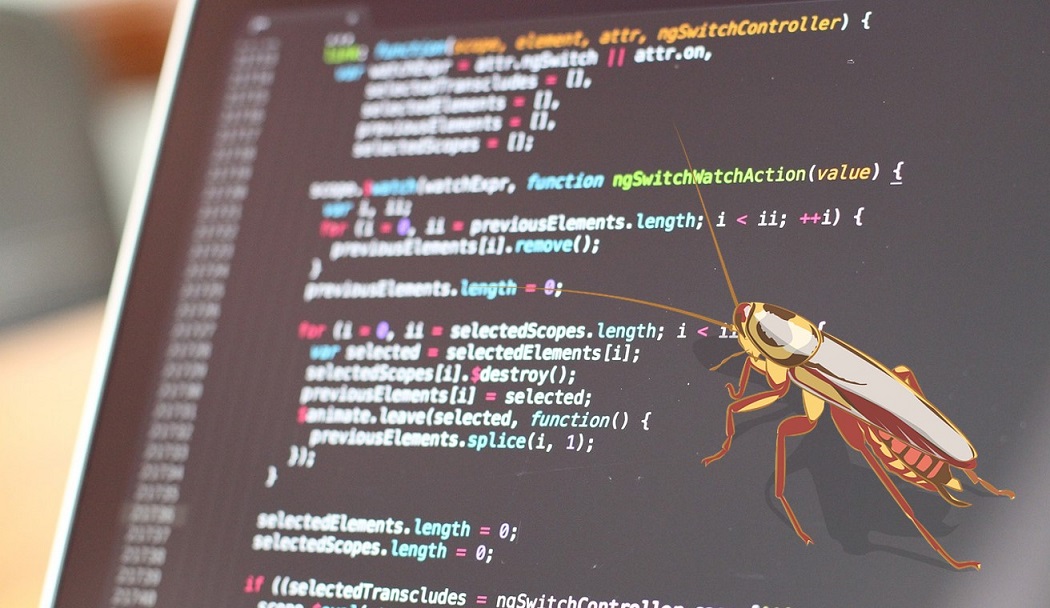We all love them. Those hours of pure fun, creativity and innovation. Meetings.
How come that we love them so much? Is it the coffee? Is it the the comfortable chairs and large tables? Is it the fact that we have time to break another world record in candy crush?
Now seriously, why is it so common for people to hate meetings? Why do many of us continuously complain about the fact that there are too many of them?
Probably because in many cases our meetings suck (This is a technical term BTW).
Often meetings are just a waste of our time. They are ineffective, lead to no action,unfocused and we feel that we could have had better use of our time instead of sitting in this large room filled with people.
The good news are that It doesn’t have to be that way.
Some meetings are not a waste of time, some meetings are considered valuable by the participants. How you ask?
Below are 10 tips to amplify the effectiveness of your meetings, I hope that after reading this you will schedule a meeting to share it with your team 😉
Tip 1: 5 minutes to empty your mind (brain dump)
Meetings can sidetrack, in fact they often do. The reasons are ranging from a discussion about a movie or a concert we went to, to office gossip and the latest new open source project discovered.
One Scrum master i have worked with experimented with a way to reduce this behavior by allowing 5 minutes of brain dump at the beginning of every meeting. It helped them improve meeting focus, it may help you as well.
Tip 2: facilitate
Meeting don’t just become effective out of the blue, it is a result of deliberate action and specifically facilitation. Do you have a facilitator to your meetings? Does she have the skill and knowledge to effectively facilitate a meeting? Was there enough time to prepare the format?
Tip 3: Start on time
Meeting are often scheduled in advance, which means participants had enough time to make sure they can arrive on time (there are exceptions). And still what if people are late, to me it often means that they do not care enough about the meeting (what if the meeting was to ruffle 10,000 Euro – would they be late then?), if people are late you need to examine the reasons and in the absence of good reasons, define working agreements that will allow this to work. Examples are:
- If you are late you are a silent observer.
- If you are late three times, we stop inviting you to the meeting.
- If you are late you should bring refreshments.
Tip 4: Finish on time
People are busy, some of the hop from one meeting to the other, back to back meetings are not rare. If you do not finish on time your own meeting, how can you expect others to do so, also this will probably be a factor in having people being late to other meetings. If the time is about the finish and you think more time is needed, consult with the participants what would be an effective way to continue, avoid extending the meeting for “just 3 more minutes”.
Tip 5: talking stick
This is a very popular tool originated in Indian tribes for meeting with the problem of having people talking over others.
The concept is to have an object and only the person holding that object gets to talk, then when the person is done she can either place the object back at the center or hand it over to another person she wants to hear.
Tip 6: talking tokens
Have you ever been to meeting where one or two people take over the meeting and just never shut up? I have. One solution i have found it to give tokens based on the time of the meeting.
Example: for a 60 hour meeting i would assume the facilitator would take roughly 10 minutes, which leaves 50 minutes for the participants, so if there are 10 participants each one gets 5 tokens that can they can use. Whenever they want to speak they need to pay a token and a timer starts, after the minute passes if the person wants to continue they need to pay with another token. Simple & effective,
Tip 7: Digital equipment – out!
Please please please!!! Leave all your electronics outside unless they are super essential. Place a box at the door for phones, don’t allow laptops in, they are the most distracting things ever!
Tip 8: Avoid projectors
One of the things that causes people to fall asleep are long and boring presentation, especially when lights are dimmed or off. This is normal but can be avoided many times, How?
If you have only a few slides, can you copy them to a whiteboard or flipchart?
Provide handouts to participants with the diagram you want to explain?
I bet you can come up with more ideas..
Tip 9: Be prepared
If you are about the host a meeting or attend a meeting, be prepared, preparation may mean to check that you have all of the knowledge expected, that you have enough time and mental capacity to attend effectively, that you understand your role in the meeting, are you an observer? A contributor? A facilitator? Once you know, one suggestion is to act based on your role. Are you unclear what your role is? In that case you should probably read tip number 10.
Tip 10: Don’t attend meetings
I beg you, PLEASE… Stop attending meeting that you don’t need to, don’t go just because you are invited and you feel obliged, this is probably one of the major reasons why meetings become ineffective! If you are not absolutely sure you need to be there, you probably don’t. If you do not have a good understanding why this is an important investment of your time, just stay in your chair and do stuff, or go and have a cup of water. I know some organization consider that behavior to be rude, if that is the case for you, you probably need to call a meeting to change that 🙂
Image by Clker-Free-Vector-Images on pixabay

